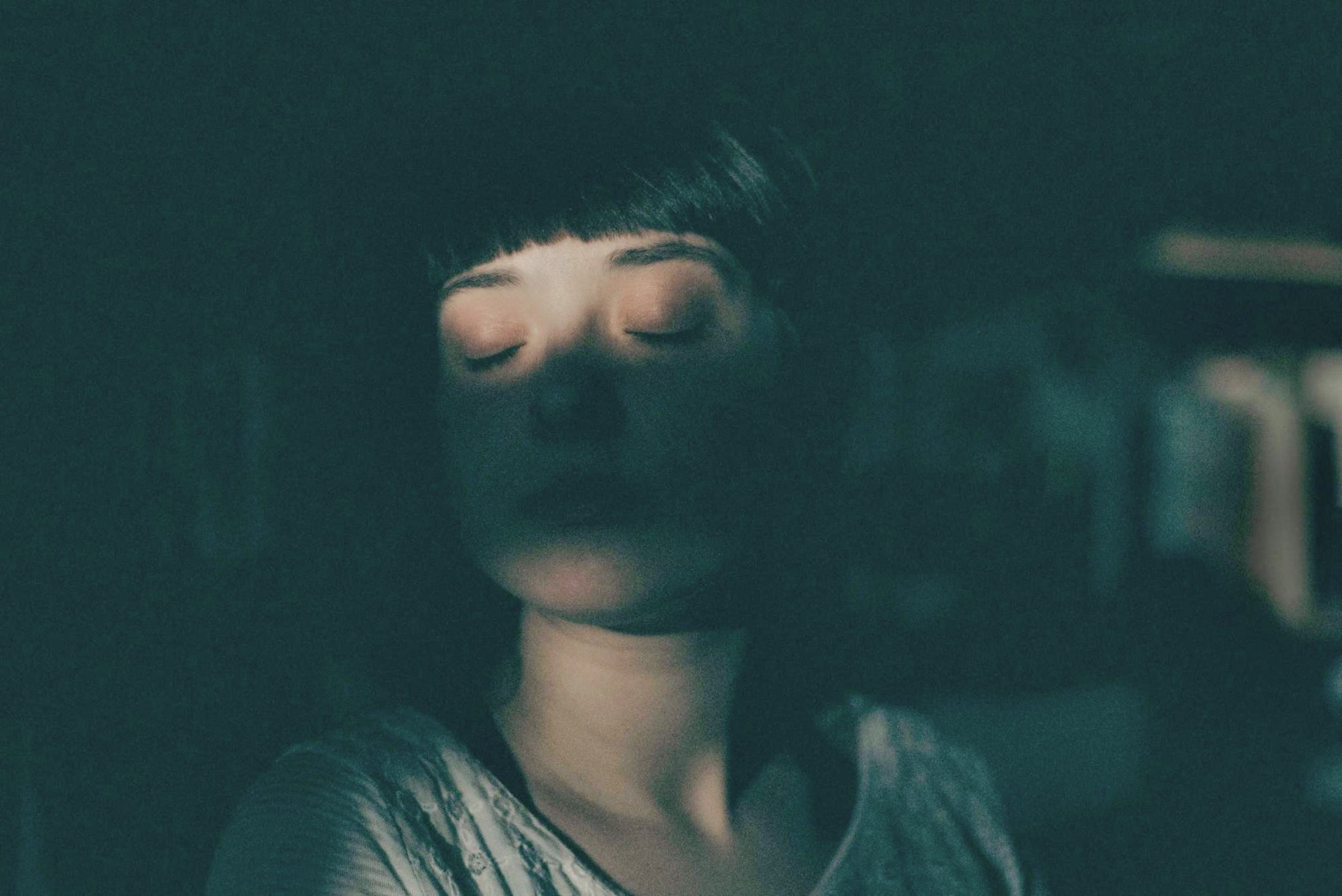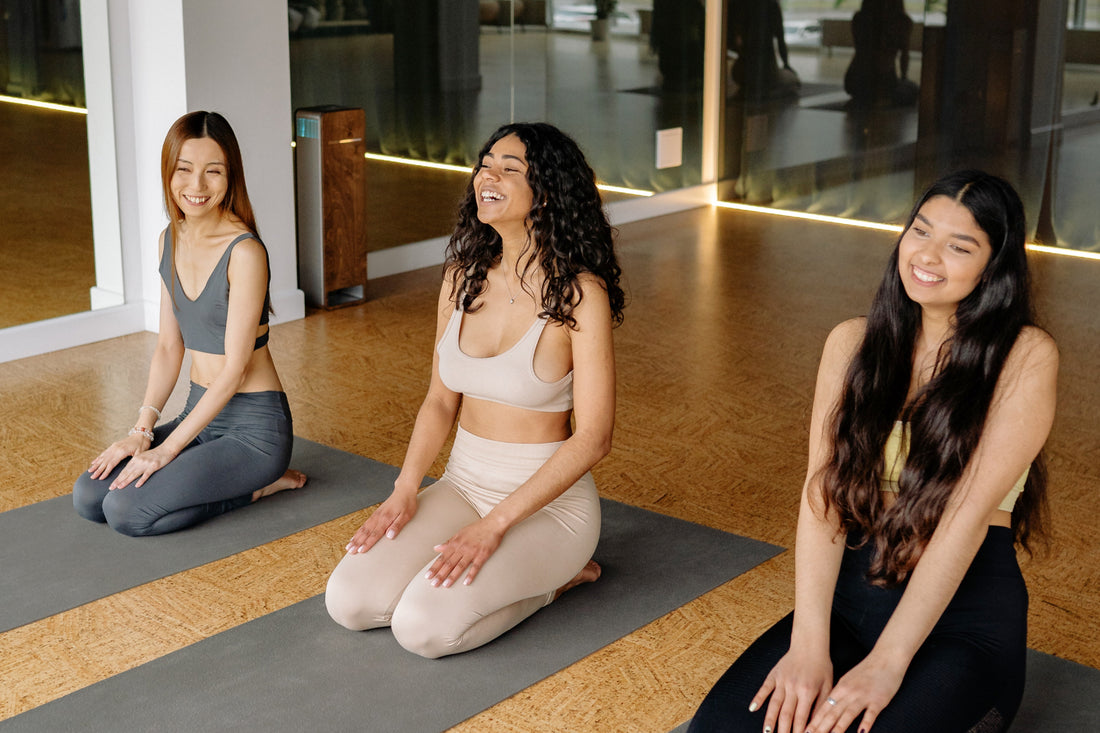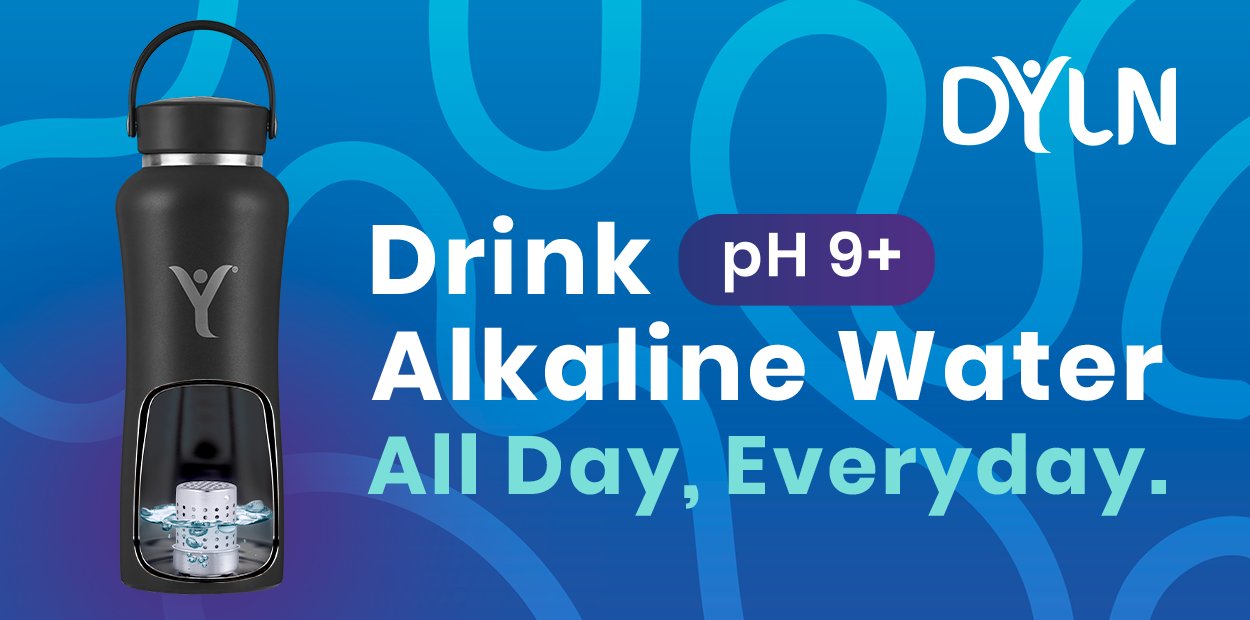Foto de maxime caron en Unsplash
Los ojos son una de las partes más importantes de nuestro cuerpo, ya que nos permiten ver el mundo que nos rodea. A pesar de que los ojos son un elemento tan importante de nuestra calidad de vida, muchas personas desconocen los diversos factores de su rutina diaria que pueden perjudicarlos. Siga leyendo para obtener más información sobre estos posibles peligros y las mejores formas de combatirlos para tener ojos más fuertes y saludables.
Exposición a la luz azul
Probablemente ya hayas oído hablar de los rayos de luz azul que emiten las luces LED, los teléfonos móviles, los televisores y otros aparatos, pero ¿sabes cuánto te afectan? Los estudios demuestran que la exposición a la luz azul contribuye a la fatiga visual y tiene un gran impacto en el ciclo natural del sueño del cuerpo, también conocido como ritmo circadiano. Exponerse a períodos prolongados de luz azul suprime la secreción de melatonina, lo que dificulta que el cuerpo se duerma cuando llega la hora de acostarse.
Tradicionalmente, se recomienda pasar menos tiempo frente a la pantalla, pero en la actualidad, con las restricciones de cuarentena y el trabajo remoto, puede resultar más difícil mantenerse alejado de nuestros dispositivos. Considere buscar opciones de anteojos con bloqueo de luz azul para ayudar a filtrar estos rayos y promover un horario de sueño más saludable y estable (¡y deje el teléfono a un lado unas horas antes de acostarse!).
Deshidración
Dado que nuestros ojos son órganos, dependen de un cierto nivel de hidratación para funcionar correctamente. Si bien la falta de agua puede causar mareos, fatiga, calambres musculares y otros problemas, la deshidratación también puede afectar a los ojos . En concreto, los ojos secos pueden producirse cuando el cuerpo carece de la cantidad adecuada de líquido para lubricar los ojos y producir lágrimas por sí solo.
Para ayudar a combatir la sequedad ocular y los demás efectos negativos de la deshidratación, asegúrese de beber abundante agua durante el día. En concreto, las botellas de agua alcalina le ayudan a mantenerse hidratado y le proporcionan los antioxidantes necesarios junto con otros beneficios para la salud, como la reducción de la inflamación y la ayuda para la indigestión. Una botella de agua aislada hace que sea más fácil y cómodo consumir la cantidad adecuada de agua que el cuerpo necesita para rendir al máximo a diario.
Sea inteligente con los productos de maquillaje viejos

Foto de Joanna Kosinska en Unsplash
Por más que el rímel, el delineador, los correctores y otros cosméticos para los ojos nos hagan sentir bien, también pueden causar daños graves a los ojos si no se usan correctamente. Desde el uso de productos caducados, la contaminación de los productos por contacto, los aditivos de color en los productos y más, estar atento al uso de cosméticos es una parte fundamental de la salud ocular.
La FDA recomienda desinfectarse las manos adecuadamente y almacenar los productos cosméticos a la temperatura y en las superficies adecuadas para combatir los hongos y las bacterias nocivas que pueden provocar infecciones oculares no deseadas. Además, abstenerse de cambiar de producto y utilizar únicamente productos destinados a los ojos puede crear una rutina de maquillaje saludable y mantener los ojos a salvo.
Fumar cigarrillos
Todo el mundo es culpable de algún tipo de hábito poco saludable y, para algunos, esto puede incluir el tabaquismo. Si fuma cigarrillos, es posible que desee reconsiderar los impactos que puede tener en su salud y bienestar a largo plazo. Además de causar diversos problemas en los pulmones y el corazón, fumar puede provocar varios problemas de visión , como glaucoma, cataratas, síndrome del ojo seco y más.
Como fumar aumenta las probabilidades de desarrollar este tipo de problemas de salud ocular y pérdida de visión, buscar apoyo y opciones para dejar de fumar podría tener beneficios directos no solo en sus ojos sino también en su salud general.
Cuidado incorrecto de las lentes de contacto
Dado que no todo el mundo tiene la suerte de tener una visión 20/20, una opción popular para las personas con problemas de visión es usar lentes de contacto como una alternativa conveniente. Si bien las lentes de contacto ofrecen una excelente opción además de los anteojos o la cirugía Lasik, también abren la puerta a problemas oculares no deseados cuando no se usan correctamente.
De hecho, los CDC afirman que entre el 40 % y el 90 % de los usuarios de lentes de contacto no siguen las instrucciones de cuidado adecuadas. Si usa lentes de contacto, recuerde desinfectarse bien las manos antes de colocárselas y quitárselas, deseche las lentes viejas, quíteselas antes de irse a dormir y seleccione el mejor tipo y marca de lentes de contacto para su situación y estilo de vida.
Falta de buen sueño

Foto de Kinga Cichewicz en Unsplash
Dormir bien por la noche tiene muchos beneficios para el cuerpo y para cómo te sientes cuando te despiertas por la mañana. Por eso, no es de extrañar que no dormir lo suficiente pueda provocar debilidad en los músculos oculares, lo que da lugar a casos de visión borrosa o a una mayor dificultad para volver a enfocar.
Para mantener la claridad, disminuir la hinchazón y las ojeras y brindarles a sus ojos el descanso que necesitan para funcionar de la mejor manera, siga algunos de estos trucos para dormir mejor . Algunos consejos importantes incluyen evitar la ingesta de cafeína a última hora del día, desarrollar una rutina estable para la hora de acostarse y crear un espacio que promueva la relajación.
Luz ultravioleta
La luz ultravioleta es la radiación presente en la luz solar y, sin la protección adecuada, puede tener efectos perjudiciales para los ojos. Tenga en cuenta que esto incluye problemas tanto a corto como a largo plazo. Por lo tanto, si lleva un estilo de vida activo que incluye muchas actividades al aire libre, puede valer la pena invertir en productos de calidad para combatir estos rayos nocivos para los ojos y la piel.
Para prevenir la degeneración macular y otros problemas asociados con la exposición prolongada a los rayos ultravioleta, use anteojos de sol que bloqueen los rayos ultravioleta cuando esté al aire libre durante períodos prolongados. De manera similar, si utiliza camas solares, se recomienda que siempre use anteojos aprobados para proteger su córnea y que los mantenga puestos de manera segura durante toda la sesión.
Reflexiones finales
Todas estas consideraciones y las diferentes formas en las que puede centrarse mejor en una visión saludable conducen, en última instancia, a la creación de hábitos más saludables en general. Solo tenemos un par de ojos, por lo que trabajar para protegerlos de estos peligros diarios y malos hábitos mejora su visión a largo plazo.






